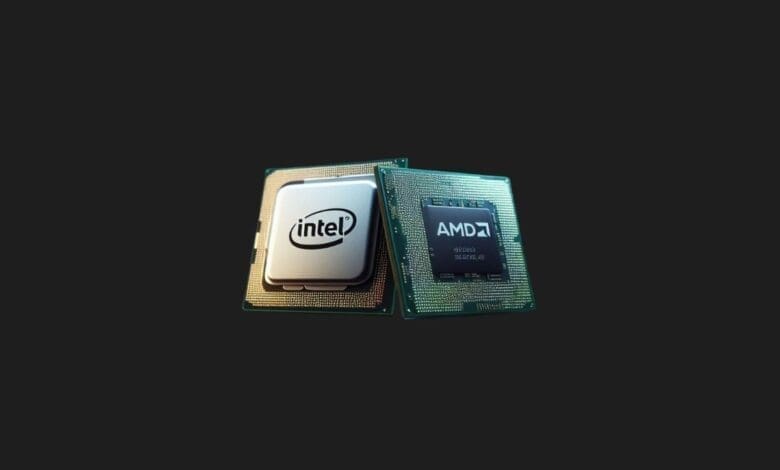The Windows Task Manager is poised to extend its functionality with the addition of support for AMD’s Neural Processing Unit (NPU), allowing users to monitor AMD NPU activities, particularly those related to AI operations.
Until now, Microsoft’s Windows Task Manager provided support exclusively for Intel processors for the purpose of NPU monitoring. The recent inclusion of AMD support for the NPU unit, an essential element for AI technology, represents a significant update.
AMD’s increased investments in NPU units in recent times underscore the importance of this development, heralding a notable advancement for individuals utilizing AMD technology.
What does AMD NPU support mean for Windows Task Manager?
In the realm of computer technology, we’re all familiar with CPUs, the central processing units, and GPUs, the graphics processing units. However, in recent years, both Intel and AMD have begun incorporating NPUs, or artificial intelligence units, into their designs. The growing trend towards artificial intelligence in 2023 has further underscored the significance of NPU units.
Until recently, Microsoft did not provide AMD NPU support for Windows 10 and 11, leaving a gap in the system’s ability to fully leverage these AI units. With the introduction of AMD NPU support in Windows Task Manager, there’s now a pathway for better synergy between the processor, the operating system, and AI operations. While AMD NPU units were capable of performing AI tasks without this support, the integration ensures smoother operation and compatibility.
As artificial intelligence technology becomes increasingly integrated into smartphones and computers, the prominence of NPU units is expected to rise. The support for NPU units in Windows Task Manager is a noteworthy development, facilitating a clearer view of NPU functionality and resource utilization through the Microsoft Compute Driver Model (MCDM).
Though NPU units play a critical role in AI, specialized processors designed specifically for AI, such as those used by ChatGPT and Google Gemini, are still necessary for generative AI tasks. This indicates that, for the moment, generative AI operations may not be feasible on personal computers. Nevertheless, the competitive landscape in AI and the emergence of new technologies are likely to elevate the importance of NPU units.
Microsoft continues to maintain its longstanding relationship with Intel, despite AMD’s advancements in closing the performance gap through its Zen architecture. Currently, AMD and Intel are engaged in a tight race in the AI domain, with Nvidia holding a considerable edge, particularly with its Nvidia H100 processor, which has significantly enhanced the company’s valuation. Nvidia’s success has even allowed it to outpace giants like Amazon and Google, boasting a valuation of $1.79 trillion.
You may also like this content
- Top 1000 Sci-Fi Movies About Metaverse, AI, and Science
- How to Use iPhones’ New Emoji Creation Feature “Genmoji”
- OpenAI Introduces Sora: A Revolutionary Text-to-Video Creation Tool

